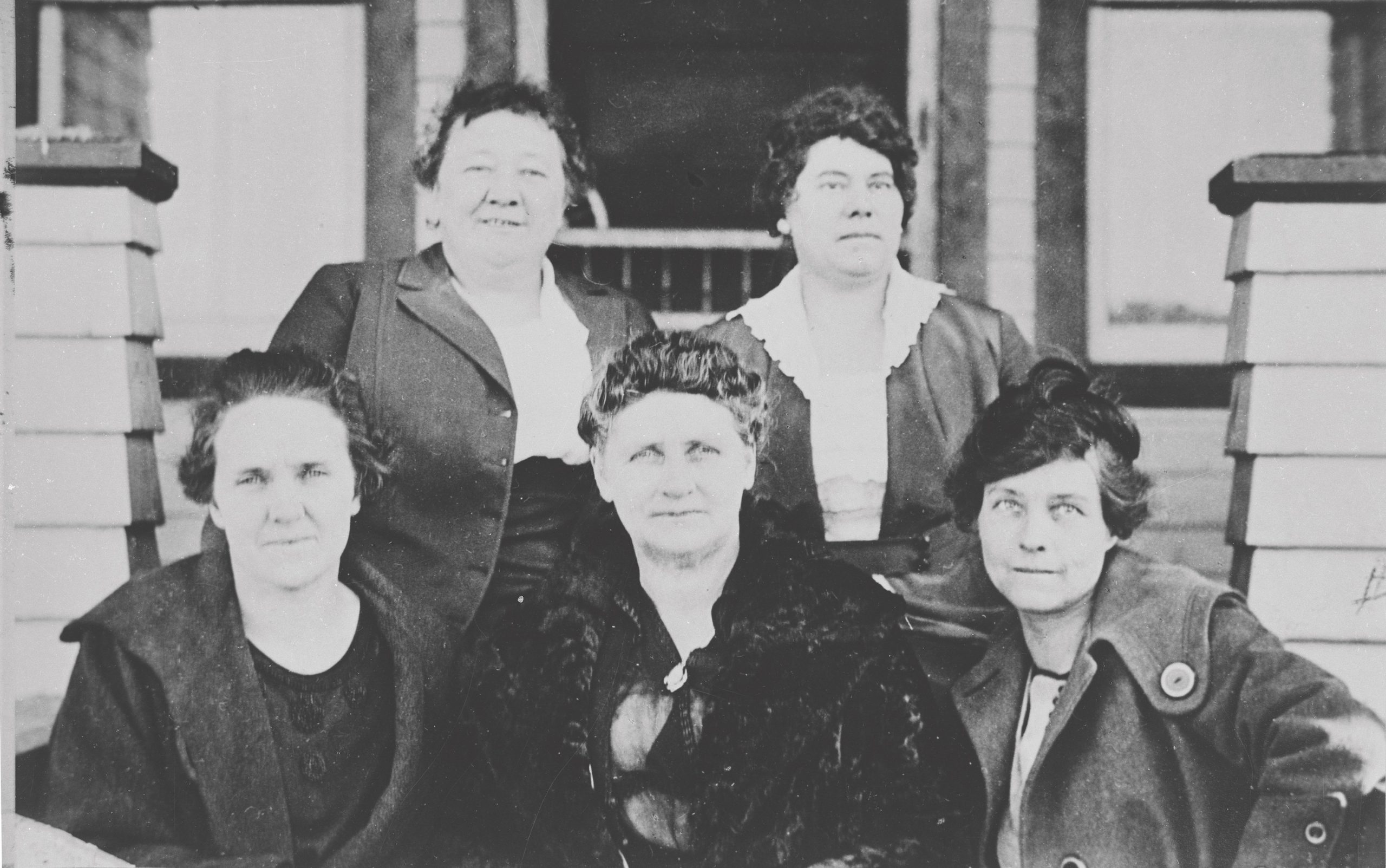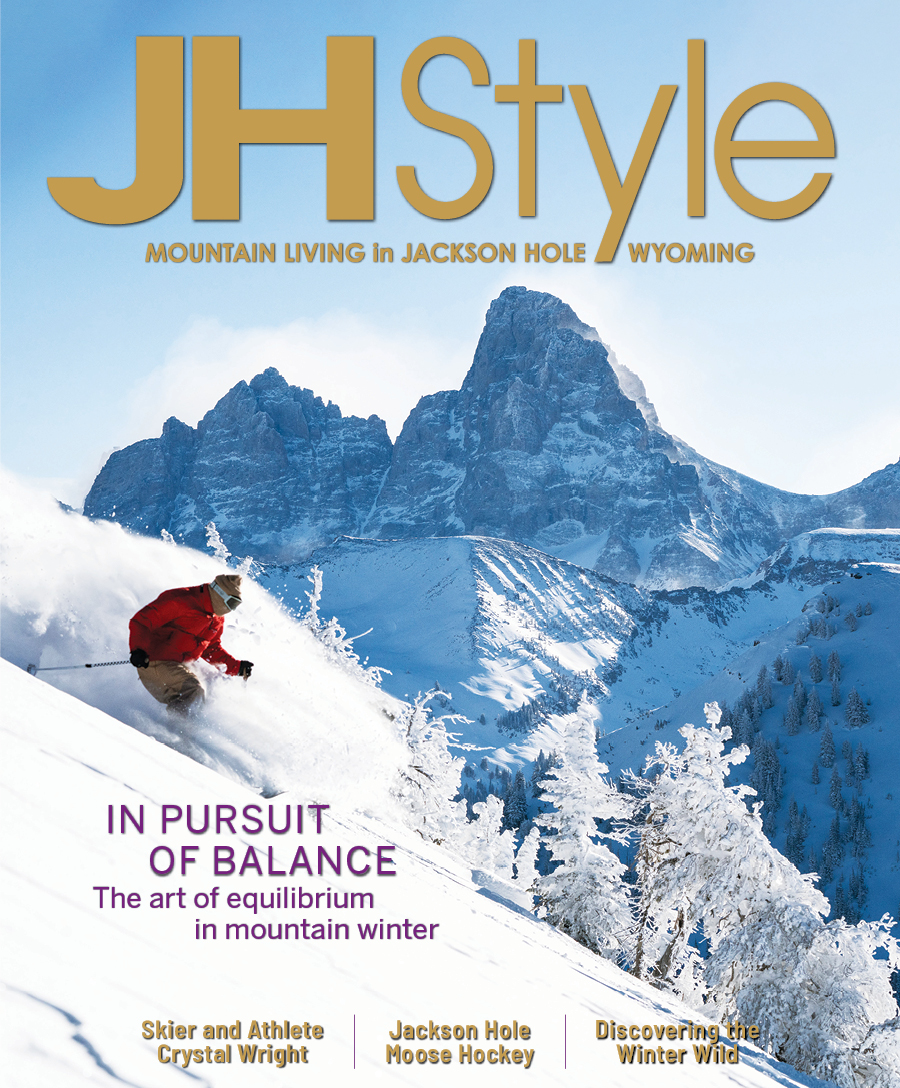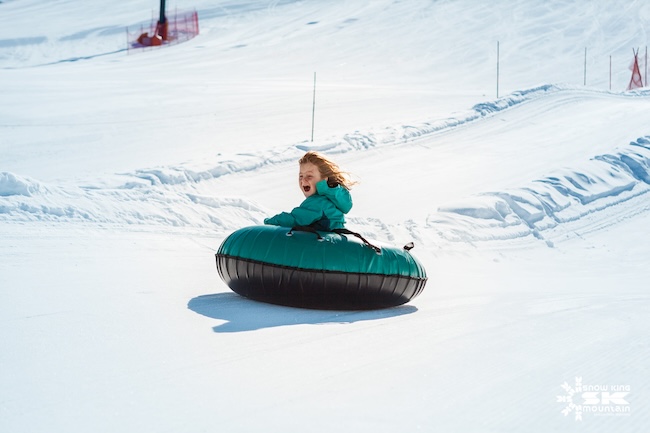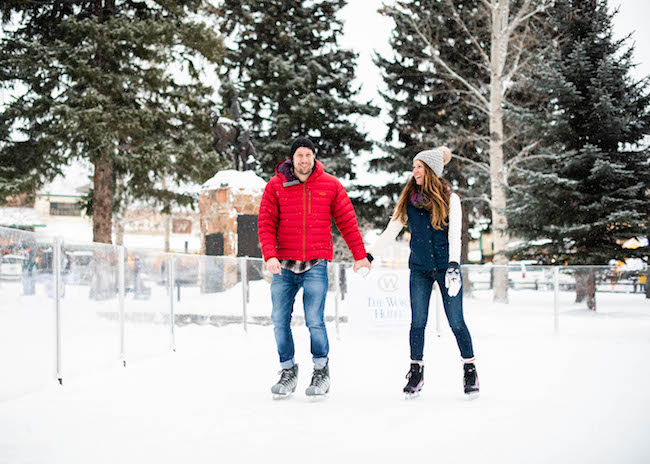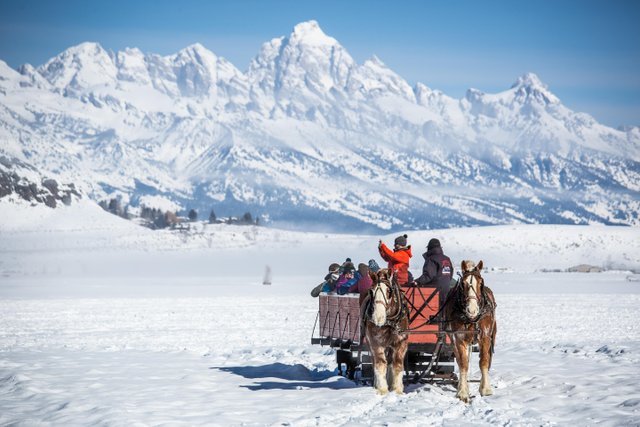Water Song
13 Sep 2020
USING SOUND TO UP YOUR ANGLING GAME
Summer 2020
Written By: Melissa Thomasma | Images: Mark Gocke and courtesy Scott Smith and Clairey Sasser
At first blush, it’s easy to think that hawk-like vision is the most critical sense when casting a fly to a wary trout. To some extent, it’s true; watching the play of shadows and the patterns of a current can lend signs to an attentive angler. But turning your attention to auditory clues can take your success to the next level. Local fishing guides explain how increasing your awareness of the sounds around you can raise your fishing experience from decent to excellent.
Lucas Donaldson at Jackson Hole Trout
Born and raised in Kelly, Wyoming, Lucas Donaldson spent his youth chasing trout on the waters of Jackson Hole, before helping others do the same. With 20 years of professional guiding experience, Lucas is now the owner and head guide at Jackson Hole Trout.
He says tuning into your sense of hearing can help you locate fish and determine what fly might win their attention.
“I’m always listening for a sip, splash, or gulp,” he says. “It means that there’s a fish eating something from the surface of the water.” That information sends Lucas to his dry fly box; a fly with a pattern that mimics a flying or crawling insect is likely to catch the eye of a trout that’s already looking to the surface for a snack. Other hints that a dry fly might be the right choice can come from an unlikely source: birds. “If birds are really active, it can be indicative of a hatch,” Lucas says. And noticing what the birds are eating, can give an angler a clue as to what bugs might be near the water.
That’s not the only way that birds clue Lucas in to what’s unfolding below the water’s surface. “I’m always listening for eagles and osprey,” he says. “Wherever there’s a bald eagle nest, there’s a good fishing hole. They’re really great fishermen. Well, fisher-birds, I suppose,” he chuckles.
Boots Allen at Snake River Angler
For Boots Allen, a third-generation fishing expert and head guide at Snake River Angler, the birds offer clues on seasonal transitions that can inform his fly selection and approach. “When I hear the Canada geese or the sandhill cranes, it reminds me of a grand perspective. It means that autumn is coming, the season is starting to progress, and we can start thinking about autumn hatches,” he says. “I definitely associate hearing geese with starting to fish mahogany duns and such.”
Boots notes that the sound of the wind on the water can impair your ability to tune into the more nuanced sounds around you. “It makes it much tougher to hear birds, the river, and can even get in the way of guides and guests communicating with one another,” he says.


Scott Smith at Grand Teton Fly Fishing
Scott Smith, guide and owner of Grand Teton Fly Fishing, agrees that incorporating the sounds around you can help you discover fish that may have otherwise been missed.
“In my opinion, the best fly-fishing scenarios involve sight fishing where you can single out your quarry visually. Then, it simply boils down to your approach, presentation, and execution,” he says. “However, sometimes during your visual hunt if the wind is low, surface bugs are present, and moving water is minimal, you can hear fish feed, hidden from your view. Whether [you’re on] a lake or a slow section of river, when the conditions align, your sense of hearing compliments your vision and the sound of a slurp, gulp, smack, or sip can turn your head to a feeding fish that otherwise went unnoticed. Some of the best fish of the year are heard, not seen.”
Clairey Sasser Grubbs at Lady Anglers of WyDaho
Wind, in addition to other audible clues, can also help you keep tabs on changing weather — a critical component to staying safe on the river. “Hearing thunder in the distance can indicate that there might be a pretty drastic change in the weather,” explains Clairey Sasser Grubbs, co-founder of Lady Anglers of WyDaho, an organization focused on encouraging and empowering women to spend more time together on the river. “What’s the weather looking like? And is it going to be safe on the boat — we’re pretty exposed out there,” she explains.
Clairey says that you should always be tuned into the weather while out on the water. “Be present and be in the moment, but don’t get so wrapped up that you don’t prepare for changing conditions,” she advises. “It’s really important to be listening to those warning signs that Mama Nature gives us.”
Similarly, Clairey notes that listening to the river can help you avoid potential danger. “If you’re on a new section or a new river, hearing whitewater might make you go ahead and eddy out and scout what’s ahead. Make a plan for how to navigate safely. But even if you’re on a known piece of river, hearing something like that can be important, too — maybe there’s a new downed tree across a channel. That can be really dangerous,” she says.


Trevor Wine at WorldCast Anglers
While listening for more apparent sounds like incoming weather or whitewater can be crucial, increasing your awareness of smaller, more subtle sounds is just as helpful. Trevor Wine, a guide for WorldCast Anglers, says that a careful ear can be key in troubleshooting casting problems.
“If you hear the line slapping the water on your backcast, it means that your cast is coming back too far — the line isn’t staying in the ‘question mark’ shape that we want,” he says. And this means that the cast won’t lay out on the forward cast as it should.
“If you hear the line whip through the air when you’re coming forward, that means that you’re overpowering it,” Trevor explains. “And if there’s a ‘pop,’ that means the backcast is too short — you’re coming forward too soon.” Essentially, he says, an ideal cast is almost silent. The lack of dramatic sound in the process means that you’re lifting the line with just enough power, keeping your backcast sufficiently high, and taking a brief pause at the top to let the line unfold. That combination, he says, will set you up for success when you return forward to lay your fly on the water.
The score of a great movie is unforgettable, as is the rich musical backdrop of your time exploring the rivers and streams of Jackson Hole. From the tiny details of a perfect cast and fly selection, to keeping your party safe on the river, incorporating your sense of hearing can take your day on the water from mediocre to stellar.

